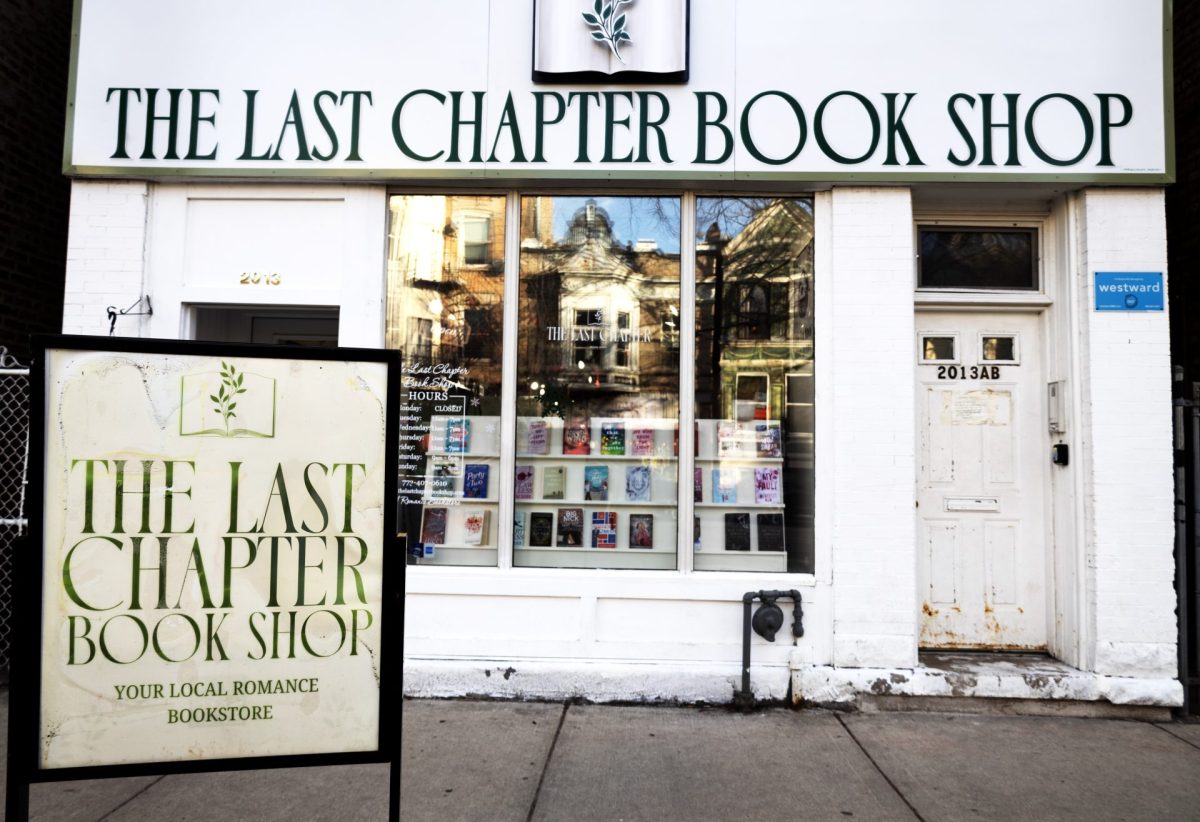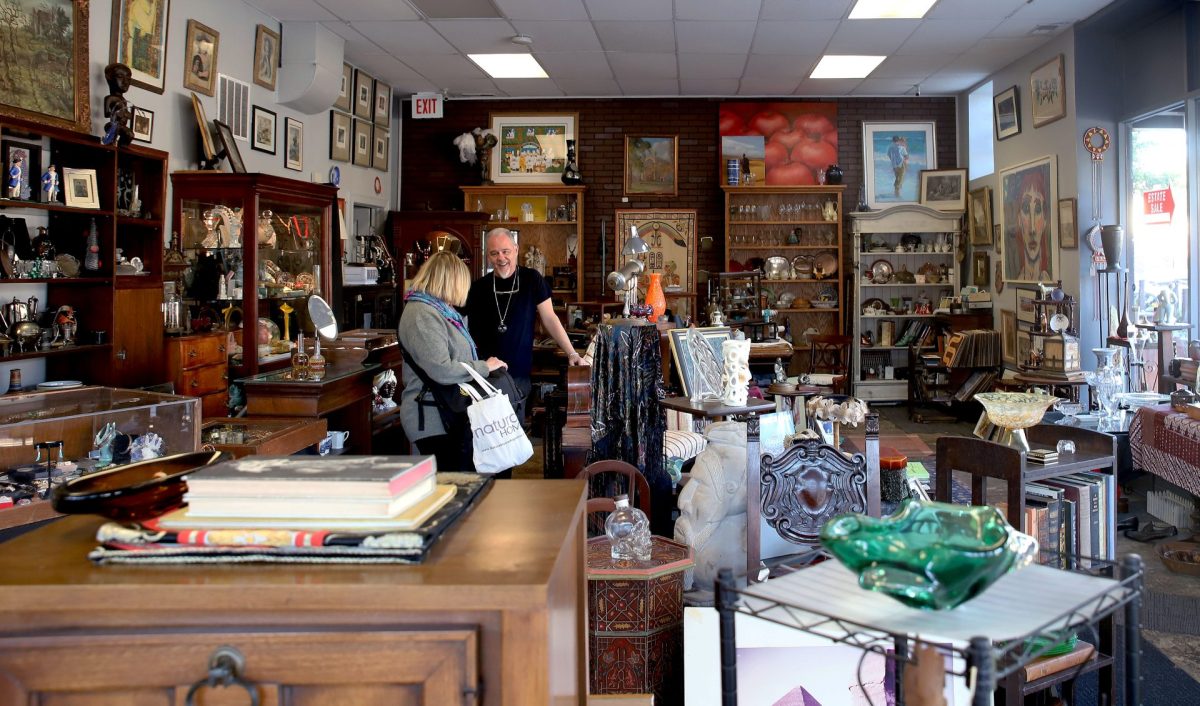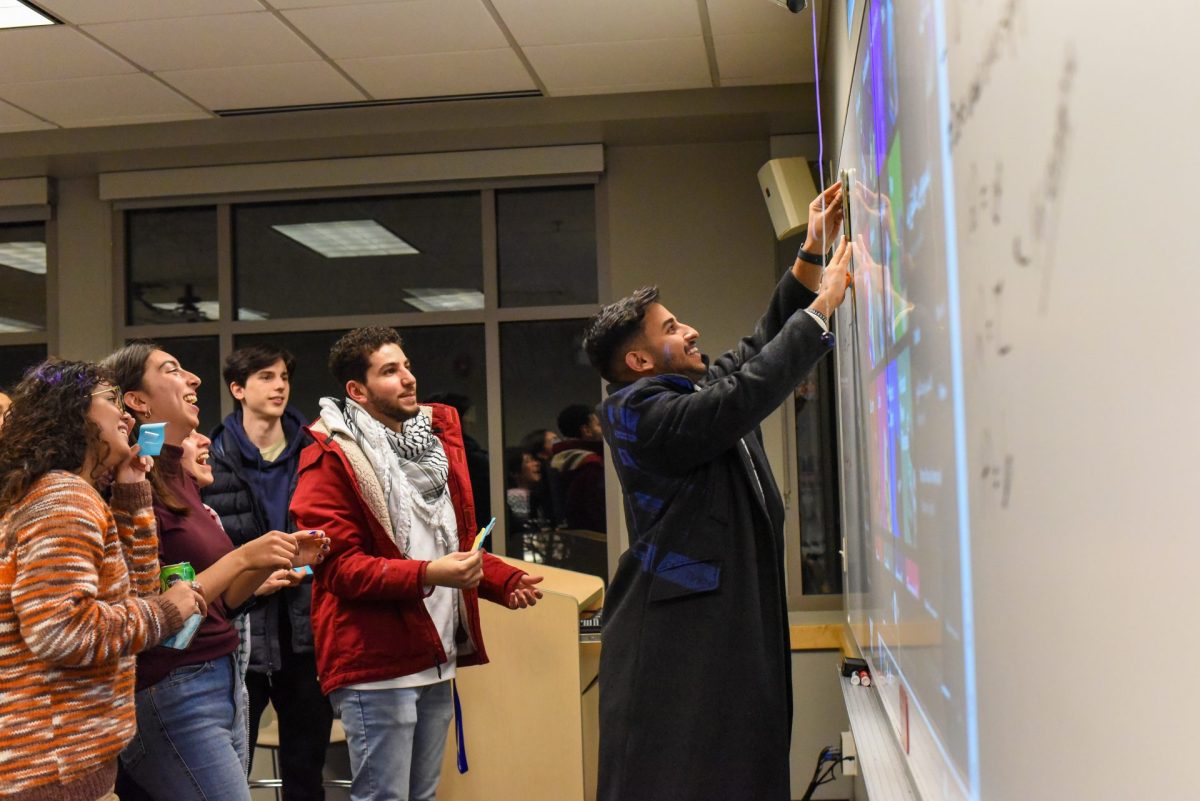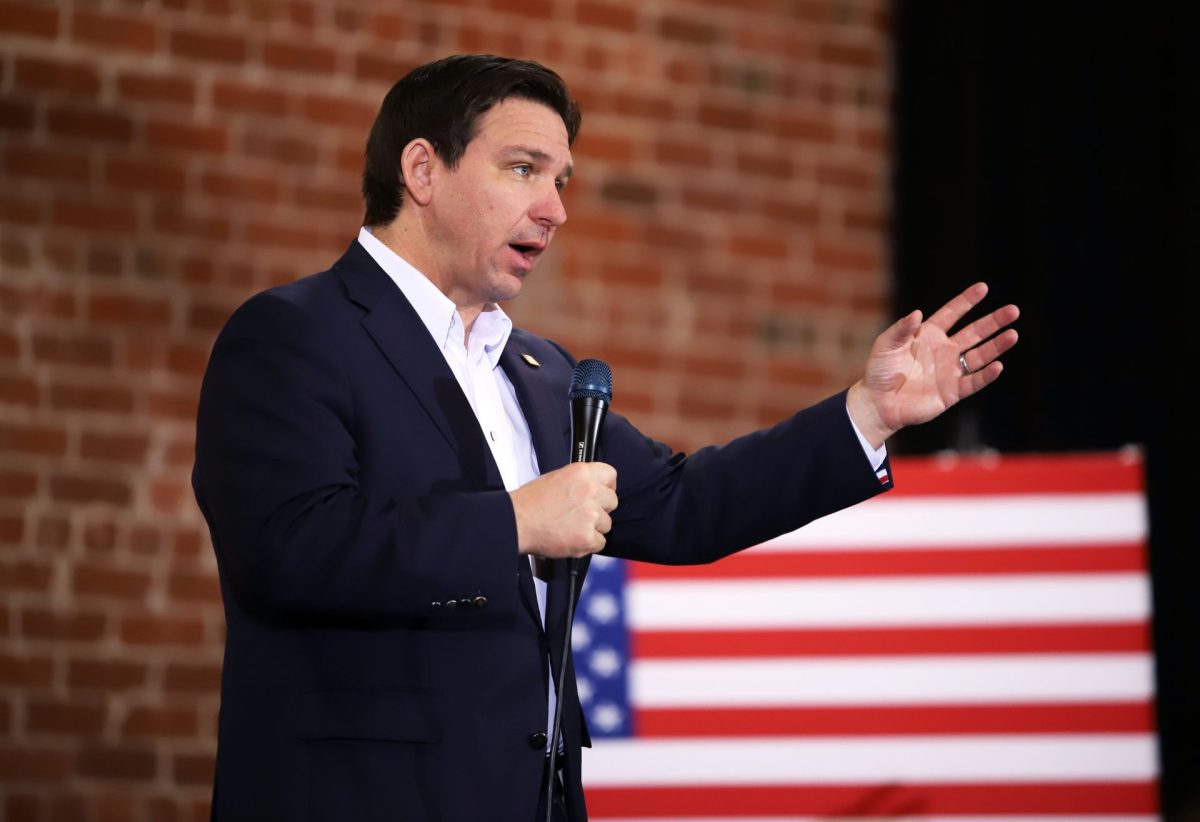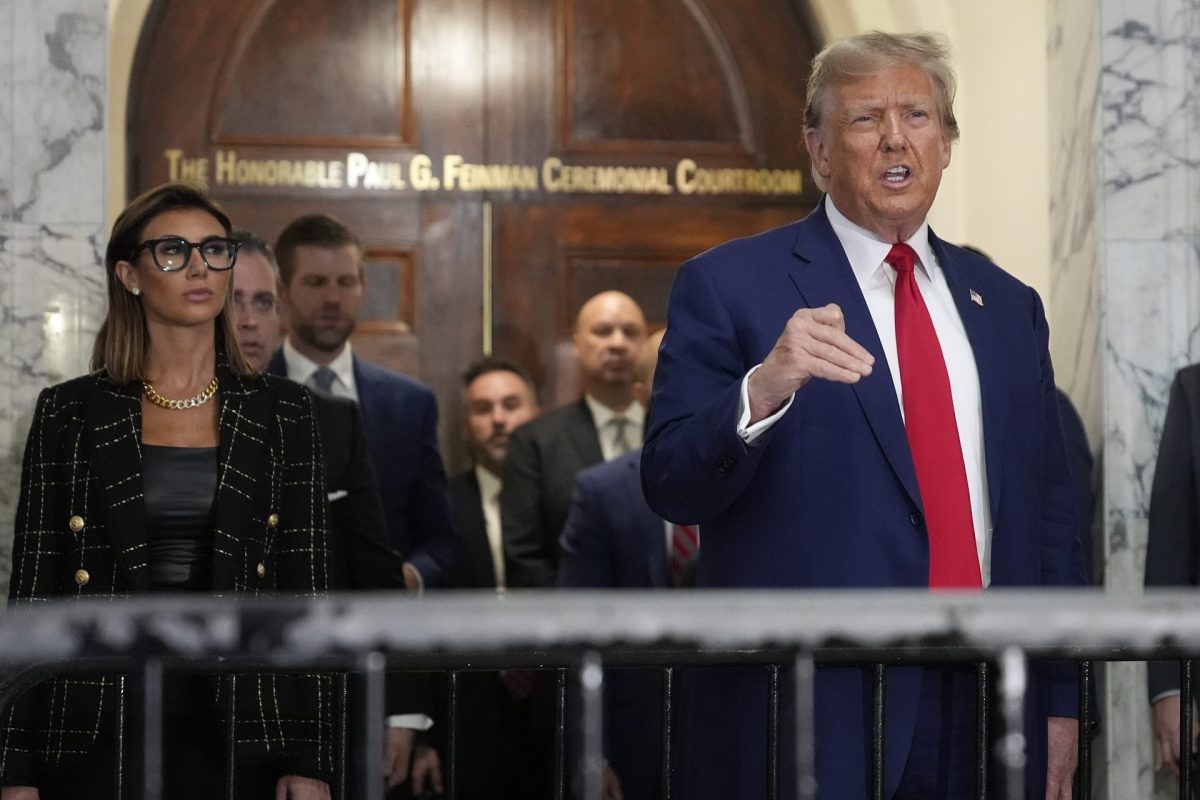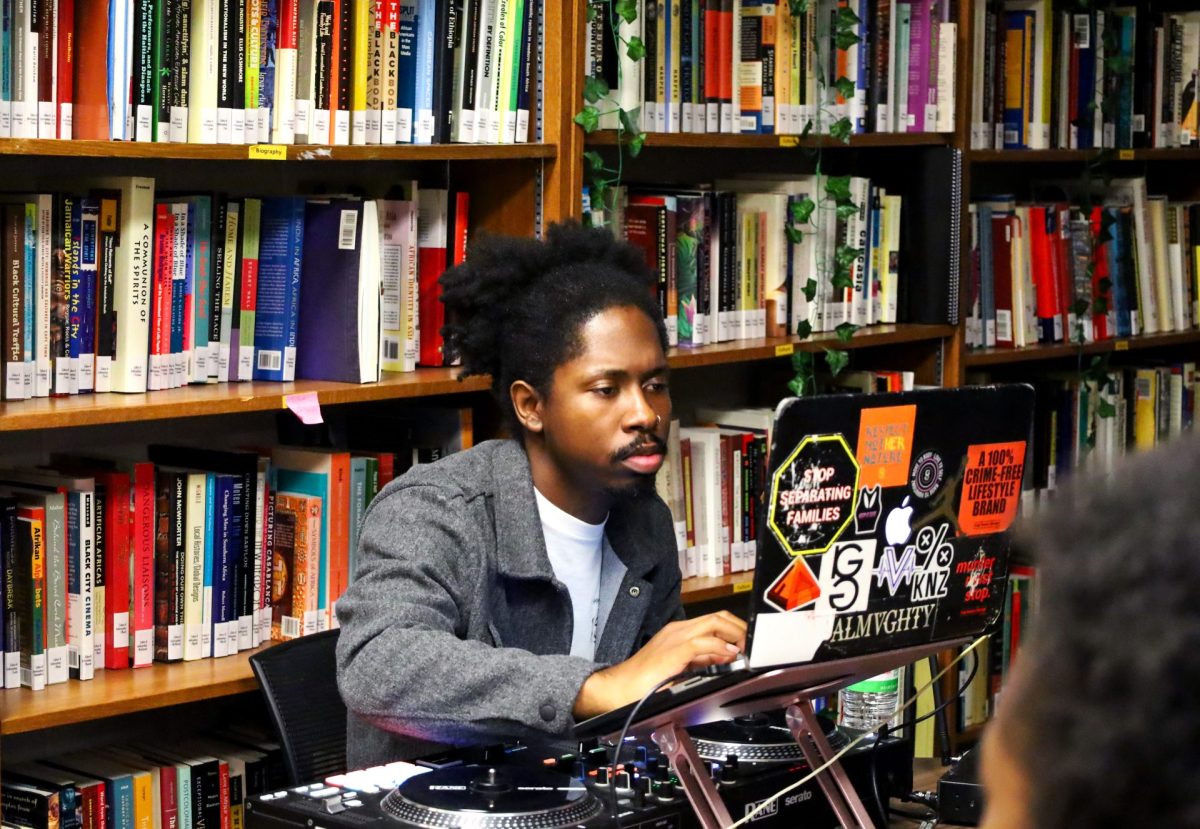Autumn weather and Halloween are just two of the many reasons that October is a special month for many people. For members of the lesbian, gay, bisexual, transgender and questioning (LGBTQ) communities there is an additional reason. October is LGBTQ History Month, a month-long observance of LGBTQ history, which coincides with National Coming Out Day on October 11.
LGBTQ communities and organizations on campus have been celebrating the month in different ways, including Spectrum DePaul hosting a Boystown Scavenger Hunt, and also a visit to the Boystown Halloween Parade on Oct. 31.
Some may celebrate the history of the LGBTQ movement this month with a viewing of LGBTQ friendly pop culture. For Media and Cinema Studies professor Michael Deangelis, who teaches “The Sexual Revolution: Hollywood in the 1960s,” an important LGBT oriented movie is Brokeback Mountain.
“There had been films about gay characters that had earned mainstream appeal, but from my perspective, this film did more than any other mainstream release to love someone, to grieve the loss of that person,” said Deangelis. “It didn’t matter to most people that the couple was homosexual, and at the same time the film did such a tremendous job at conveying the men’s desire for one another.”
Although LGBTQ history month celebrates the dedicated movement towards LGBTQ rights, it has also historically left out people who identify as transgender.
“The [LGBTQ] movement has been very focused on gay men,” said Trans*(formation) DePaul President Dylan Clair. “A lot of the movement has been very assimilationist, and sometimes the easiest way to get rights is to dump anybody who doesn’t fit into this normal identity.”
The assimilationist attitude of the LGBTQ movement has caused inter identity hate within the queer community, Clair said.
“It’s pointless because we already get enough hate from outside of the community,” he said.
Due to the hate that the transgender community receives, the history of their movement is not as positive as the histories of lesbian, gay and bisexual people.
“It’s really unfortunate, but the really big events in history have had to do with the murders of trans* people, specifically trans* women, and specifically trans* women of color,” Clair said.
Although the month is dedicated to celebrating moments that have happened in the past for the LGBTQ movement, many believe that we are currently living in history for the trans* movement.
“In the future, I think we need to work on the rights of transgender people,” DePaul Spectrum President Cassie Peurala said. “LGB rights have enjoyed an explosive growth in the past few years, but it’s irresponsible to leave the most vulnerable people under the LGBTQ umbrella unprotected.”
Proud moments in LGBTQ history
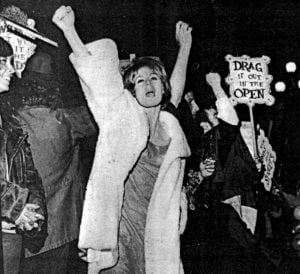
Stonewall riots
One June 28, 1969, police raided the Stonewall Inn in New York City. When the patrons of the bar resisted arrest and fought back against police. More than 100 people gathered outside and fights and protests broke out. Throughout the night, the crowds of protesters grew larger and things such as coins were thrown at police. The Stonewall riots were one of the most important events in LGBTQ history, and had marginalized groups within the queer community actively participating.
“The people who started [the Stonewall riots] were drag queens and trans* women,” Clair said, “but they’re the ones who get erased from that history.”
The results from the riots include the formation of the Gay Liberation Front and the Gay Activists Alliance. The first Gay Pride march occurred to commemorate the riots a year after they happened, covering 51 blocks in New York City.
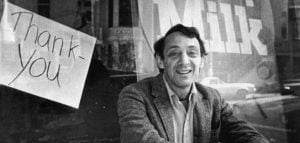
Harvey Milk elected
Harvey Milk moved to San Francisco in 1972 along with other gay men migrating to the Castro District of the city. Although he was not originally interested in politics and gay activism, Milk began to get more involved within the gay community and unsuccessfully ran for office three times before being elected to a seat on the San Francisco Board of Supervisors. Milk became the first openly gay person to be elected to a public office in California. During his time on the San Francisco Board of Supervisors, he was responsible for passing a gay rights ordinance for the city. After serving for 11 months, Milk was assassinated on Nov. 10, 1978 by Dan White a former member of the San Francisco Board of Supervisors. He was posthumously awarded the Presidential Medal of Freedom in 2009.
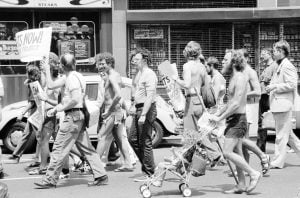 AIDS crisis
AIDS crisis
It is widely assumed that HIV entered the United States in 1969, but the AIDS crisis began in the early 1980s when previously healthy gay men described cases of a rare lung infection, Pneumocystis carinii pneumonia. By the end of the year there were 270 cases of severe immune deficiency among gay men. Due to the fact that many of the first victims of what was to be later discovered as AIDS were gay men, it became mistakenly assumed that in order to become inflicted with AIDS, one had to be gay.
“While it obviously ravaged the gay community, it proved to be galvanizing,” Peurala said. “The leaders that emerged from that time still influence us today, and LGBT people became more visible and active than ever before.”
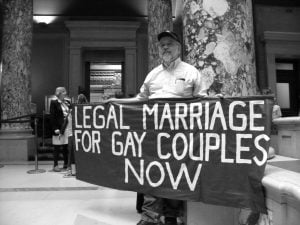
First legal gay marriage
San Francisco was the first city to legally allow gay marriage in the United States. Throughout February and March of 2004, city officials issued close to 4,000 marriage licenses to same-sex couples. The city was eventually ordered to stop by the Supreme Court of California. Gay marriage did not become legal throughout the entire state until May 15, 2008, when the Supreme Court of California stated that the state’s previous definition of marriage violated the constitutional rights of same-sex couples.
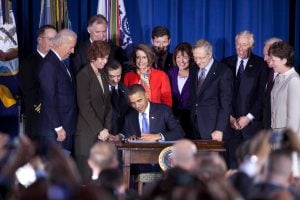
‘Don’t Ask, Don’t Tell’ repealed
The official policy of the United States government on service by LGBTQ people in the military was “don’t ask, don’t tell.” While it was meant to protect closeted LGBTQ members of the military from discrimination, it also forced them to stay in the closet and prevented them from openly expressing their sexual preferences. Former President Bill Clinton introduced the policy in 1992 as a means of compromise because Navy Commander Craig Quigley expressed opposition to LGBT people serving in the military.
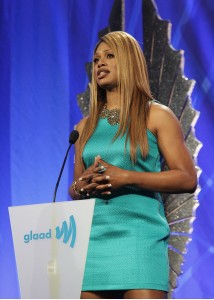
Laverne Cox Emmy nomination
Laverne Cox also paved the way for transgender people this year when she became the first openly transgender person to be nominated for an Emmy in an acting category.
“I think it’s crazy that it’s taken this long,” Clair said, “but I also love it because there is finally this movement towards trans* people playing trans* characters.”
Historically, trans* women of color, such as Cox, have been the most marginalized community within the queer community, making her nomination monumental.
“Trans* women of color are the number one community for hate crimes. I love that she’s using this platform to remind people that even though she is on top, there are still people fighting for their lives every day,” Clair said.
LGBTQ student groups at DePaul
Queer People of Color (QPOC) at DePaul
Queer People of Color (QPOC) DePaul is an organization that provides a space for DePaul students who identify as both queer and as a person of color. It addresses the intersections of different identities, being both queer and a person of color, QPOC have in their lives. QPOC DePaul meetings consist of members sharing experiences through conversations, film screenings, and community building exercises.
Believers Out Loud
An LGBTQ Christian organization that is open to anyone regardless of his or her sexual preference, gender, or faith. Their meetings consist of Bible study, as well as discussions about issues the Queer community is facing. Believers Out Loud looks at these issues through the lens of the Christian faith.
Spectrum DePaul
Spectrum DePaul is a community-based organization on campus, which wants to “build a community that is a safe space for LGBTQA+ and their allies where they can make friends and learn about the larger DePaul and Chicago LGBTQA+ communities,” President Cassie Peurala said. The organization views itself as a safe space for LGBTQA+ people, while hosting numerous events, including a recent trip to see the movie “Pride,” based on real events that occurred in the UK between the miner community and the LGBT communities.
Act OUT
Act OUT is an LGBTQ activist organization on campus that discusses issues facing the LGBT community. They take an active role within Chicago by volunteering with Queer organizations throughout the city, while also hosting events on campus, including Drag Trivia and Drag 101 with drag queen Ivana Tease recently.
Trans*(formation) DePaul
Trans*(formation) DePaul is a student organization dedicated to trans* and gender non-conforming students. They show support for students through providing outreach, advocacy, and hosting workshops on how to be an effective LGBTQ ally. “We had a workshop on trans* in the classroom,” President Dylan Clair said. “We talked about ways to make spaces safer for trans* students, such as syllabus inclusivity, ways to take attendance without using the wrong name, and not assuming pronouns.”



